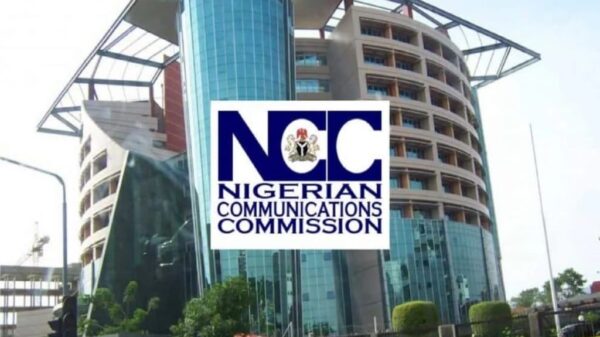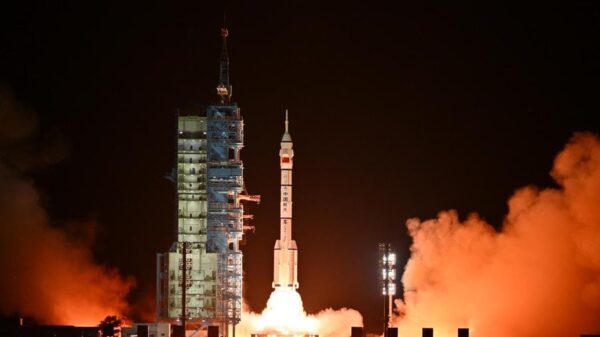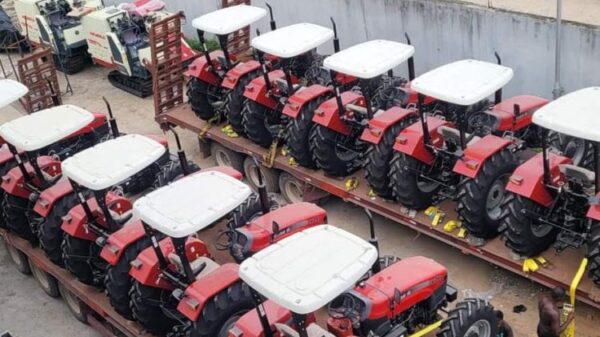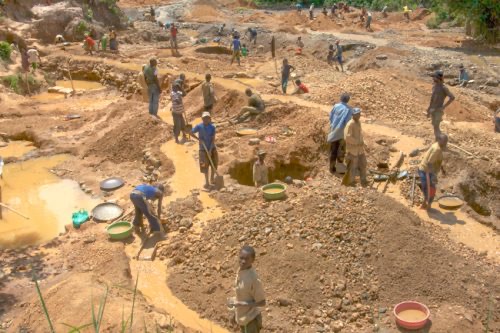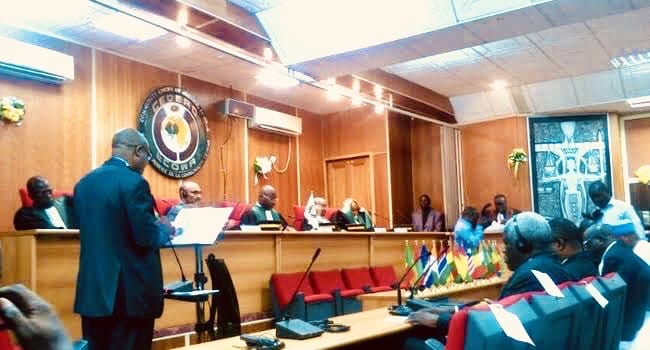The ECOWAS Court of Justice on Thursday in Abuja ordered Sierra Leone to amend, modify, or repeal the country’s laws on loitering in public places.
Delivering judgment, Justice Edward Asante, the Judge Rapporteur, held that Sierra Leone’s loitering laws violated the fundamental rights of the people.
The court, therefore, ordered Sierra Leone to undertake legislative reforms to amend, modify, or outrightly repeal the country’s loitering laws to comply with its human rights obligations under the African Charter.
According to the Community Court, the laws violate the right to non-discrimination and equal protection under Articles 2 and 3(1) of the African Charter on Human and Peoples’ Rights.
It added that the laws also imposed unwarranted restrictions on the people’s freedom of movement, which is contrary to Article 12(1) of the African Charter.
The court further noted that vague terms in the loitering laws, such as “idle” and “disorderly,” created opportunities for arbitrary enforcement.
This, it said, perpetuated discrimination against economically disadvantaged individuals and did not meet the standards of legality, necessity, and proportionality in a democratic society.
It further ordered Sierra Leone to comply with the country’s obligations under Articles 1, 2, 3(1), and 12(1) of the African Charter on Human and Peoples’ Rights.
Sierra Leonean NGO, Advocaid Ltd, had filed the suit on April 12, 2022, challenging certain provisions of Sierra Leone’s Public Order Act.
The organisation also challenged the country’s Summary Conviction Offences Ordinance, and the Criminal Procedure Act, which authorise the police to arrest any person who is found loitering in a public place and cannot give a good account of himself or herself.
The Applicant contended that maintaining and enforcing these laws violated the principles of non-discrimination, equality before the law, and freedom of movement, particularly concerning impoverished and marginalized people.
The court, however, ordered each party to bear their own costs in the suit.
The three-member panel comprised of the court’s President, Justice Ricardo Gonçalves and Justice Dupe Atoki.





